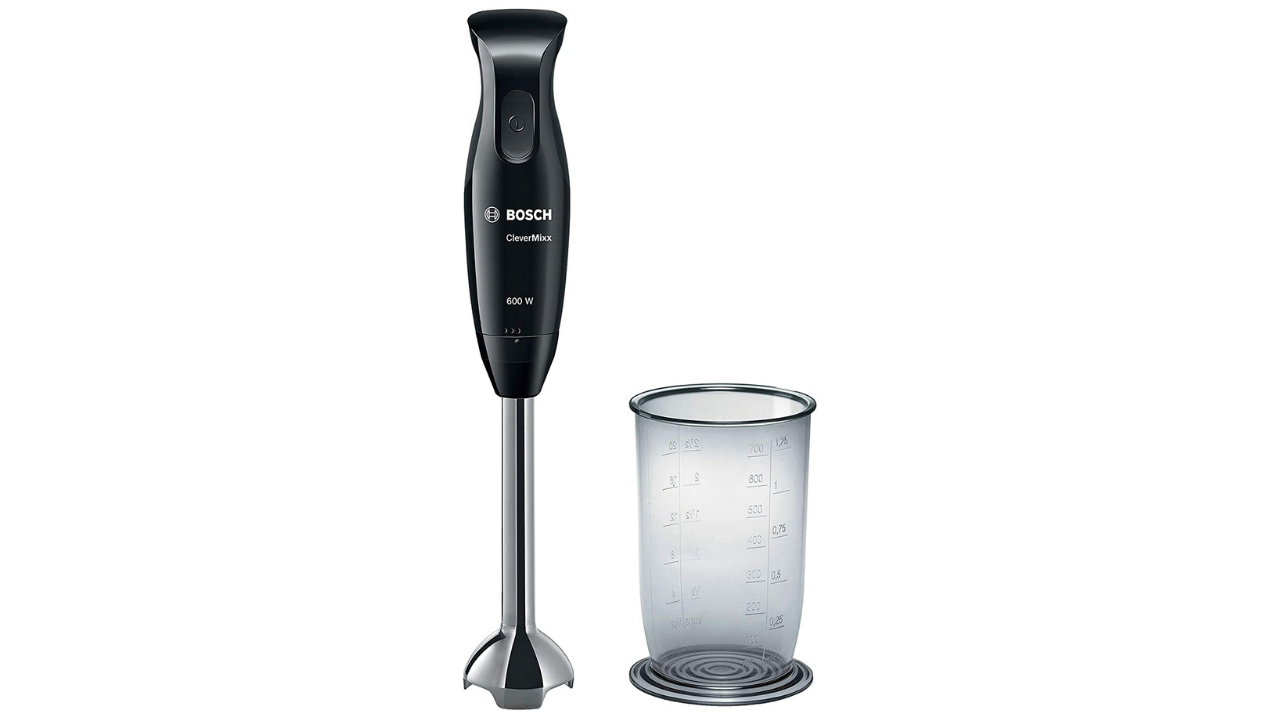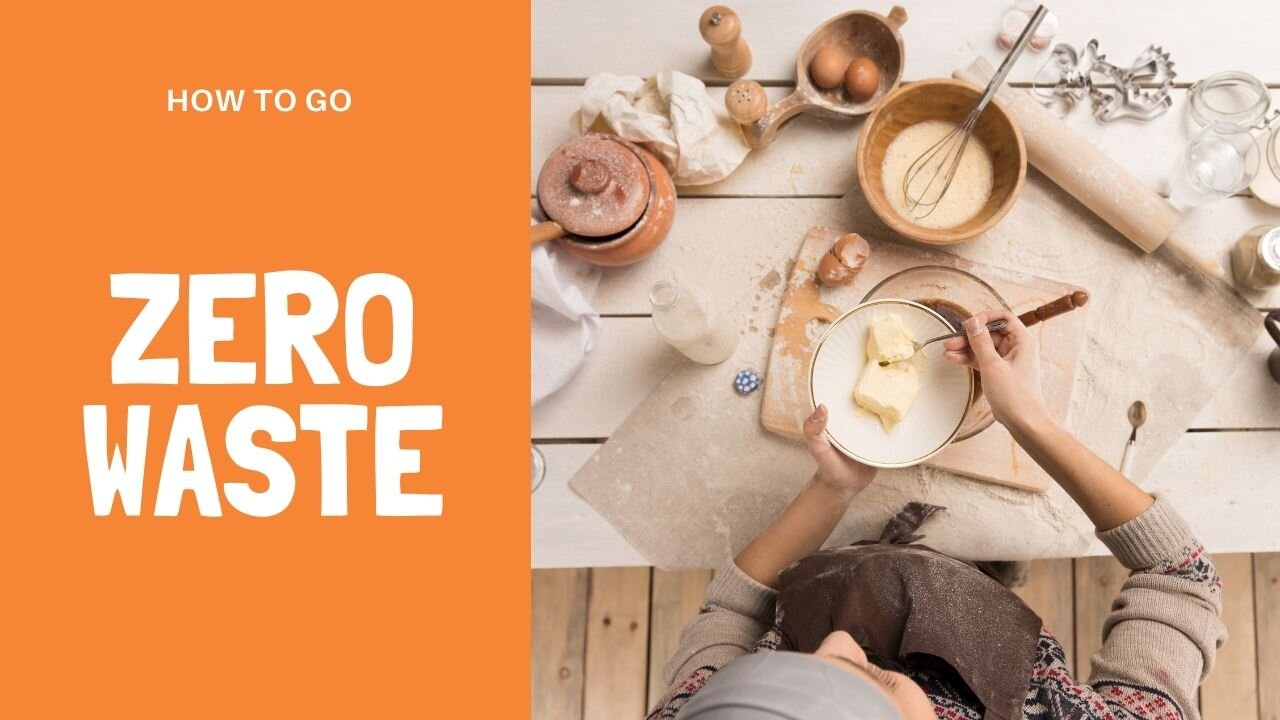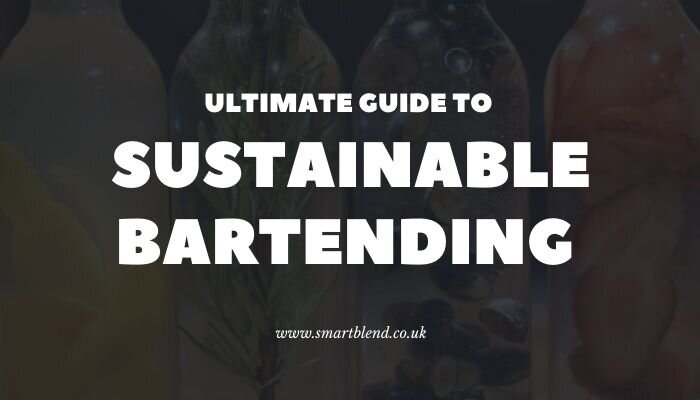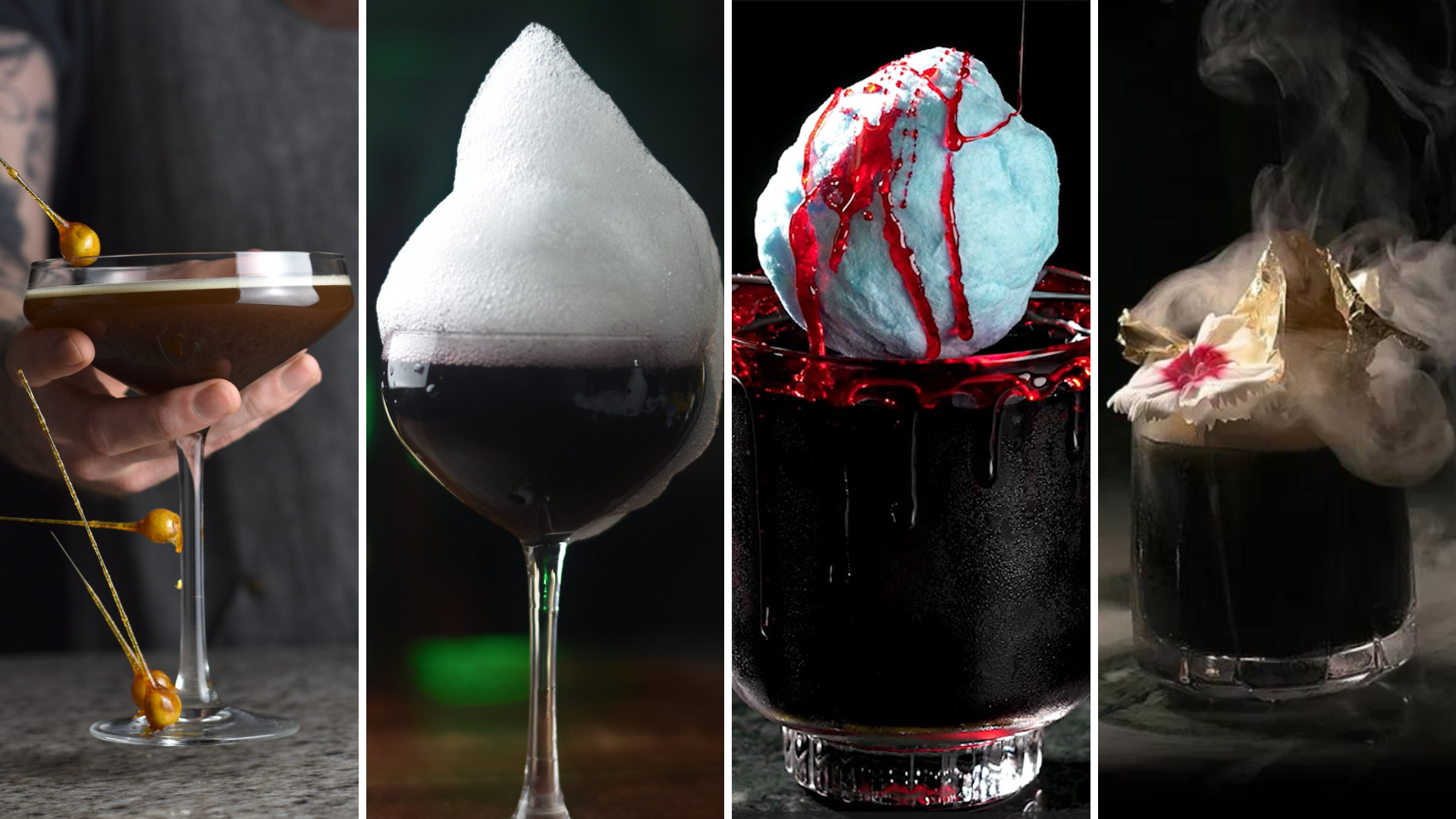How to get 8x more juice from limes and lemons with SUPER JUICE
The Nickle Morris recipe for getting 8x more juice from your limes and lemons.
If you like to keep up to date with what’s trending in drinks, then you’ve undoubtedly already heard about Super juice. If not, well you’re about to.
Super juice is spreading like wild fire and for good reason. With so many positives and almost no negatives, there’s a very good reason why this has taken of in the drinks community the way it has and why it’s taking over the sustainable bartending community like crazy.
Because with a few limes or lemons, some citric acid and a little bit of malic. You can get much more out of your citrus juice then you ever thought.
What is Super Juice
Super juice is a technique created by bartender and bar owner Nickle Morris, the basics of this is that we are taking the flavour of lime juice, mimicking it, dehydrating that flavour to a concentrate, then rehydrating it with water.
What you’re left with, is a liquid that tastes like lime juice, looks like lime juice and acts like lime juice. With the difference being you have way more then you normally would and it’s way more shelf stable.
Have you ever thought about what lime juice actually is and how it’s created? Like, yeah, it’s the juice of a lime, but how is it made.
Lime juice just like any natural juice is just a mixture of natural acids, sweetness and essential oils created in the peels/skin.
Hypothetically, we can re create any juice by figuring out what and how much all those things are on a mathematic basis.
Unfortunately, figuring that out is easier said then done, for starters the equipment you would need to figure that all out and recreate it is something inaccessible to 99% of bars and drink enthusiasts.
That’s where Nickle Morris comes in…
Nickle Morris
Nickle Morris is the owner of bar Expo in Louisville, Kentucky.
A bar that’s going face to face with waste in the industry. As bartenders, we are taught that fresh is best, that the most important part of any cocktail involving juice or fruit is not the glassware, not the spirits inside, but the freshness of said fruit used.
This is something Nickle Morris is challenging, to who has been quoted saying “Is freshly squeezed citrus juice the best way to get the flavour of the fruit? Absolutely not. Is it the best solution for the environment? Absolutely not. Fresh citrus isn’t a grand gesture of better ingredients, it’s the literal bare minimum.”
A statement which rings a lot of truth. I myself like many others have fell victim to this notion of “fresh is best” but with that all being said, what other options do we have?
I’ve spoke about sustainability a lot here on this website, publishing articles covering tips for sustainable bartending, mindful drinking, waste free food and drink and any/all recipes I can find on waste free mixing.
So it’s safe to say that when I came about this recipe which I first picked up from a streaming of Portlands Cocktail Week, I was eager to give it a try, and somewhat on the fence.
It’s one thing to say fresh juice isn’t always the crème de la crème, I agree, it’s inconsistency is my big issue, but to say you can enhance the flavour whilst making 8x the amount? Seems quite artificial to me, is this going to just taste like watered down artificial citrus? Spoiler, no it didn’t.
Oleo Citrate
The pioneering technique behind super juice is what Nickle Morris calls Oleo Citrate. A twist on a age old technique called Oleo Saccharum. A technique I previously covered at number 4 of my 11 tips to sustainable bartending.
Oleo citrate works much the same way but instead of using sugar, we use acids to draw out those essential oils from the peels.
What I touched on above was the fact that it’s great saying this is possible, but if 99% of people either don’t have access to the tech involved or knowledge, then it’s basically useless.
This is something that Nickle Morris made sure wouldn’t be the case, by using this Oleo Citrate technique you;
A) Don’t need to know the knowledge, just trust in the system and follow the recipe.
B) All you need is a few acids that you can buy from almost any homebrewing shop or easily enough on the likes of amazon.
You can do this whether your a huge city based bar with a big budget or whether you’re in a dive bar in some rural area.
Sustainable Bartending
The problem with citrus in sustainability is the mass waste. Lets just take a look at that waste issue in both a professional and home manner…
Professional
Citrus is largely the most used ingredient in bars, meaning it’s the one thing you can’t run out of, leaving to over ordering of citrus fruits which need throwing away when left unused.
Freshly squeezed lime and lemons begin to oxidise and turn within just a few hours. Meaning bars need to juice every day and throw away whatever is left.
Juiced citrus leaves behind the peel and pulp, something that is seen as useless and is thrown away.
I remember my days working for quite the busy cocktail bar, we would have 2 prep shifts a week in which we would need to juice litres of limes and lemons - the average lime yields around 15-40ml of juice.
For just 1litre that would be around 35 limes, and we needed a lot. We was pushing for sustainability with bio straws and minimalist garnishes whilst at the same time dumping out bin bags filled with juiced citrus every single week.
Home bartending
Even though home bartending is on a much smaller level then bars, you still have that waste.
But more so, it’s that tedious notion of cutting, squeezing and weighing out citrus juice that leaves you regretting saying “I’ll make the margaritas for the BBQ”.
The waste might be less then a bar making 100s of cocktails a week, but it’s still a notable waste.
Why is super juice revolutionary
There’s more to this super juice then waste alone. Below are some quick points to keep in mind the next time you wonder why super juice is trending.
Money saver - No more wasting money on all this citrus which is just to be thrown away, you now need 8x less the amount of fruit on hand.
Time saver - Although the initial making of super juice takes longer then juicing a single lime, on a larger scale it quickly becomes more time saving. Juicing 1 litre of lime juice will take significantly longer then making 1 litre of super juice.
The flavour and colour is more vibrant. Remember, we are not just replicating the flavour of out chosen citrus, we are also enhancing it. The end product is something super vibrant and so much more limey then regular lime juice - if that’s at all possible.
Shelf stable - Super juice is way more shelf stable then regular juice. Freshly juiced lime will last around 1 day, super juice on the other hand will keep for 2 weeks before it starts losing flavour, in-fact I had month old super juice that had only slightly lost flavour, it was still completely useable.
Super Juice Recipes
The below recipes make approximately 650ml of juice. You can divide the ingredient list by 4 to give you the amount necessary for 1 lime/lemon, then multiply that by however many limes/lemons you want to either scale down or scale up this recipe - the method will stay the same.
Equipment needed
Hand blender
Large Container
Citrus Juicer
Ingredients needed
Citric Acid
Malic Acid
Water
Tap will be fine…
Limes/Lemons
From your local supplier.
Lime Super Juice Recipe
Ingredients
4 Limes
22 grams Citric acid
4 grams Malic acid
500ml Water
Method
Peel the limes into a large container then cover the peels with your acids, stir so the peels are covered in the acids. Cover the container and leave it for 1 hour.
After an hour the peels should have started to curl and brown, it’s now time to add the water and blend the whole thing with either a hand blender or otherwise powerful blender.
Juice the peeled limes into the mix and strain the whole thing through a muslin/cheese cloth bag.
Bottle and keep refrigerated.
Super Juice Lime Video
Lemon Super Juice Recipe
Ingredients
4 Lemons
25 grams Citric acid
500ml Water
Method
Peel the lemons into a large container then cover the peels with your citric acid, stir so the peels are covered in the acid. Cover the container and leave it for 1 hour.
After an hour the peels should have started to curl and brown, it’s not time to add the water and blend the whole thing with either a hand blender or otherwise powerful blender.
Juice the peeled lemons into the mix and strain the whole thing through a muslin/cheese cloth bag.
Bottle and keep refrigerated.

Lime and Lemon Super Juice
Ingredients
Instructions
- Peel the limes into a large container then cover the peels with your acids, stir so the peels are covered in the acids. Cover the container and leave it for 1 hour.
- After an hour the peels should have started to curl and brown, it’s now time to add the water and blend the whole thing with either a hand blender or otherwise powerful blender.
- Juice the peeled limes into the mix and strain the whole thing through a muslin/cheese cloth bag.
- Bottle and keep refrigerated.
- Peel the lemons into a large container then cover the peels with your citric acid, stir so the peels are covered in the acid. Cover the container and leave it for 1 hour.
- After an hour the peels should have started to curl and brown, it’s not time to add the water and blend the whole thing with either a hand blender or otherwise powerful blender.
- Juice the peeled lemons into the mix and strain the whole thing through a muslin/cheese cloth bag.
- Bottle and keep refrigerated.
Notes
For more on sustainable bartending - check out these articles
The nutritional information shown is an estimate provided by an online nutrition calculator. It should not be considered a substitute for a professional nutritionist’s advice. See our full nutrition disclosure here.
Search Drinks
Cocktails, Non-alcoholic, Wine, Coffee, Drink guides, Techniques, Fermentation
All Recipes
Hi, I’m Cameron, guv’nor of Smartblend and author of this article. If you liked this then you’re in luck, I have a bunch drink techniques here. Oh, and don’t forget to sign up below to receive the Smartblend monthly newsletter!
Related Articles
Smartblend is a participant in the Amazon Services LLC Associates Program, an affiliate advertising program designed to provide a means for sites to earn advertising fees by advertising and linking to amazon.co.uk and amazon.com. Smartblend does earn a small commission on goods purchased through the included links. Don't worry, it doesn't cost you any more, but we do appreciate your referral!



























